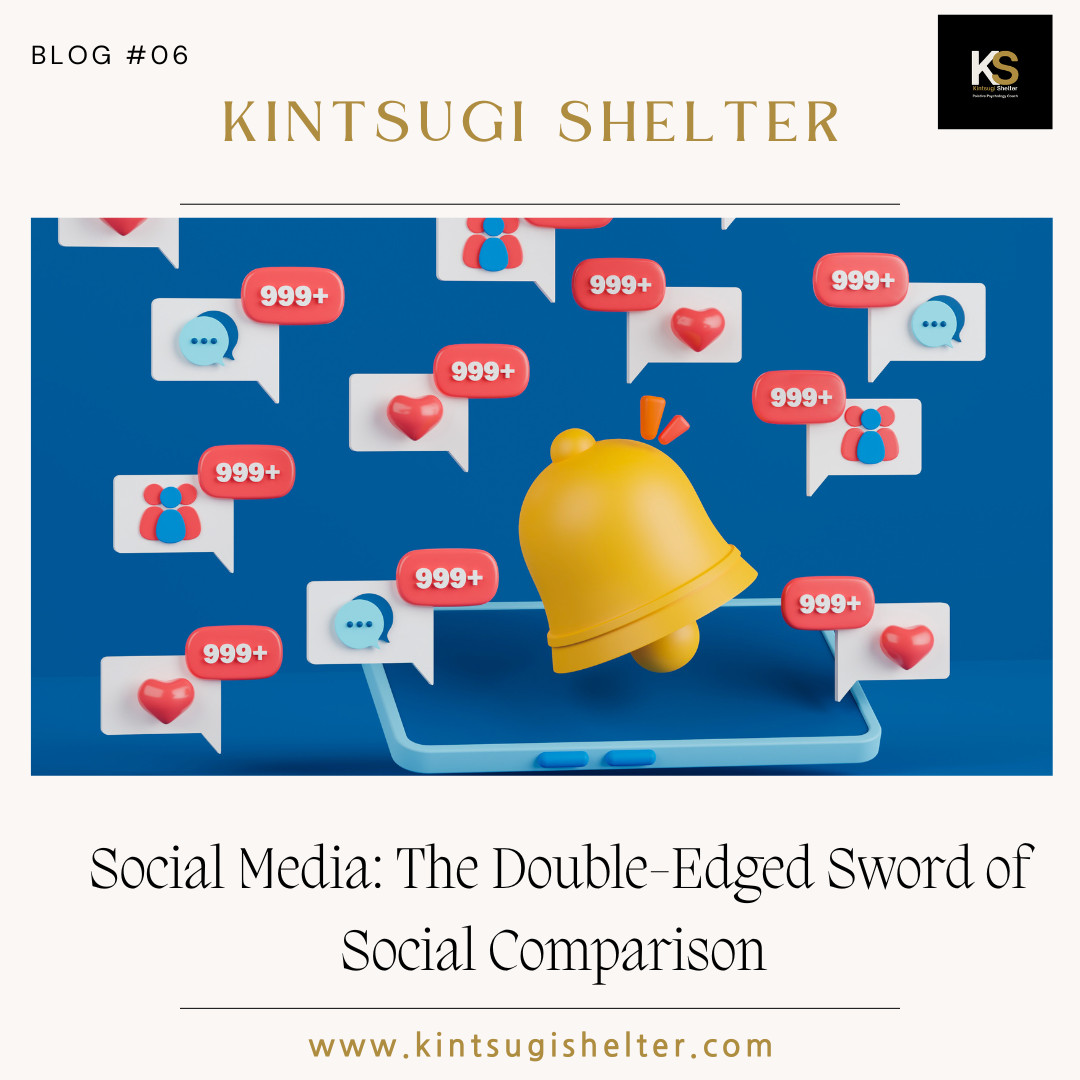

Welcome to an exploration of the intricate dynamics surrounding social media and its profound impact on our lives. In this article, you'll delve into the fascinating realm of social comparison—the age-old habit of measuring ourselves against others—and its manifestation in the digital age. Brace yourself for an illuminating journey through the dual nature of social media, where the allure of connectivity and information sharing intertwine with the shadow of comparison and self-doubt. Prepare to uncover the complexities of this double-edged sword as we navigate the highs and lows of virtual interaction in the modern world. So, fasten your seatbelt and get ready to embark on a thought-provoking exploration of Social Media: The Double-Edged Sword of Social Comparison.
The Power of Social Media
Social media, which is ever growing, has not only created many incredible new methods for us to connect people and re-connecting with old friends, but it has also created an environment rife with opportunity (and temptation) to compare the number of 'friends' or 'followers' or 'connections' that we have to those of another people, as well as providing a platform to 'show off' one's life and accomplishments. With a daily upload of 250 million pictures on Facebook and Instagram, the availability of social comparisons increasing rapidly.
According to the Online Nation 2023 report by Ofcom, a whopping 47.9 million adults in the UK accessed the internet on smartphones, tablets, and computers in 2023. Resulting in us sending an average of three hours forty-one minutes a day online (outside of internet usage for work). They also reported that, on average, we use 36 apps on our smart phones / tablets (Ofcom, 2023).
Psychological research shows excessive use of social media is mainly associated with lower psychological well-being. However, findings also suggest that the quality rather than the quantity of social media use can determine whether the experience will enhance or deteriorate our mental health.
Social Comparison
Social comparison theory was first proposed by social psychologist Leon Festinger in 1954. He stated we determine their own social and personal worth based on how we stack up against others. Basically, the way we compare ourselves to others is a means of self-evaluation. However, social comparison becomes an unhealthy practice (which is often the case where social media is concerned) when it has a negative effect on our mood and self-esteem.
Different Social Comparison Types
Downward comparison: Comparing ourselves to those who are worse off. This can lead to feelings of gratitude and increased self-esteem, but is more often than not a means of self-enhancement as opposed to an accurate comparison intending to gauge our own abilities.
"I didn't embarrass myself in front of everyone like that woman at the party last night."
Upward comparison: Comparing ourselves to people we perceive as better than us in a particular area. This can lead to feelings of envy, inferiority, and low self-esteem.
"She is happier and more successful than I am."
Positive Emotions from Social Comparison
Positive emotions felt from social comparison often trigger positive psychological implications. For example, both downward and upward comparisons can achieve an increase in self-esteem. As downward comparisons can allow us to see what we have achieved, and upward comparisons sometimes results in us striving for self-improvement.
Boosting Self-esteem - Psychological research has found after reading our friend's status, we can have a significant increase in self-esteem and life satisfaction due to increased ties and relationships. In a study, participants comparing their appearance to others and finding similarities increased their self-esteem. Which is known as non-contingent self-esteem. Non-contingent self-esteem is an implicit feeling of self-worth which is not dependent on the approval of others or success in certain areas.
Finding Inspiration - When we compare ourselves to others, sometimes it can be a way to find out what we need or want to improve in our life. Upward social comparison occurs when we feel inferior to someone we are comparing ourselves to. This feeling can motivate, push us to work harder and achieve better results, ultimately leading to a positive outcome. For example, research has showed that in occupational settings, the prospect of a promotion or job opportunity motivates us to engage in comparison. This comparison serves as a tool to identify actions we can take to attain the accomplishments of those in higher positions. Engaging in high self-regulation comparison helps us achieve specific goals.
Enhancing Motivation - Social comparison can be a motivational booster. According to Heckhausen's (2018) Motivational model, when we compare ourselves to others, it can motivate us to improve or try new things. When we compare ourselves to others, it sheds light on how our behaviours and outcomes are influenced by our perceptions, goals, and actions.
The six stages of action form the core of the model:
- Situation: The context or environment in which motivation operates.
- Self: Individual characteristics, beliefs, and self-perceptions.
- Goal: Desired outcomes or objectives.
- Action: Behaviours taken to achieve the goal.
- Outcome: Results or consequences of the action.
- Consequences: The impact of outcomes on well-being, learning, and motivation.
Embrace Emotional Mastery with Our Exclusive Emotion Regulation Workbook
Negative Emotions from Social Comparison
Continually comparing oneself to others may cause feelings of inadequacy, diminished self-esteem, jealousy, envy, and potentially social isolation. Fardouly (2015) completed an experiential study with female participants. The study examined a scenario where peers had altered their appearances with makeup and photo editing software to appear more attractive. This upward comparison resulted in reduced body satisfaction among the female participants and heightened feelings of inferiority regarding their own appearance.
Feelings of Inadequacy - Historically, social comparison theory suggests that many of us who feel inadequate and dissatisfied with ourselves are likely to use social media extensively. This overindulgence in social media often results in a negative self-image and an altered perception of reality. Such feelings of inadequacy can be harmful to our mental health and general well-being. A psychology research study by Chou (2012) examined the effects of Facebook usage on the self-esteem of first-time mothers. The study found that prolonged use of Facebook by first-time mothers was associated with lower self-esteem and had a detrimental effect on their overall postpartum mental health.
Jealousy and Envy - Jealousy and envy are common and normal human emotions. However, jealousy often stems from social comparison. Engaging in upward comparison, which involves comparing oneself to someone perceived as better, frequently leads to envy. Feelings of inferiority and desire arise from such comparisons. Envy towards others can lead to hostility and negative feelings.
Fear of Missing Out - Commonly known as FOMO, describes a prevalent yet unsettling mindset characterised by the anxiety of missing out on rewarding experiences that others seem to have. This feeling compels an incessant urge to keep up with what others are doing. Grappling with FOMO, you often experience a reduced enjoyment of your current activities and convinced that others are having better times. Such comparisons ignite a desire for social affirmation, which leads to a relentless cycle of discontent. The constant juxtaposition of our own lives with the curated highlights of others on social media can cause decision fatigue, heightened stress, and a drop in productivity. In the long run, this perpetual benchmarking against an idealised portrayal of others' lives can cultivate a harmful loop of self-doubt and despondency.
Decreased Self-worth - When we assess our lives to others, we are using an imaginary scale to weigh up our qualities and traits. Should we view our attributes as lesser compared to those of someone like us significantly, our self-esteem suffers. Even when we outshine others in certain respects, we may still not feel a sense of achievement. This is clear in domains that matter to us personally, like academic performance, athletic ability, or physical appearance.
Tips for Healthier Social Media Use
If you exhibit addictive patterns on social media, consider employing the following cognitive-behavioural strategies. These strategies apply to various forms of technology, not solely social media, and can similarly enhance well-being.
To maintain a healthy relationship with social media, consider the following tips:
1. Set Time Limits: To manage the impact of social media, it's beneficial to allocate specific times for its use and adhere to them strictly. By setting boundaries, such as designated periods in the morning and evening, you can control your exposure and prevent excessive scrolling. It's essential to resist the temptation of endless browsing, as it often leads to unintended time consumption and contributes to feelings of overwhelm. Instead, focus on engaging with social media intentionally, utilising it as a tool for connection and information rather than a source of constant comparison.
2. Be Selective: Being selective about the accounts you follow on social media is crucial for maintaining your mental well-being. Choose to follow accounts that inspire and uplift you, filling your feed with positive content that brings joy and motivation. Conversely, consider unfollowing or muting accounts that consistently evoke negative emotions or fuel unhealthy comparison. By curating your social media experience in this way, you create a space that nourishes your mental health and fosters a more positive online environment. Remember, you have the power to control what you see and engage with on social media, so prioritise content that aligns with your values and promotes positivity.
3. Engage Positively: Utilise social media as a platform to uplift and support others by engaging in positive interactions. Share encouraging messages, compliments, and expressions of gratitude to spread positivity within your online community. Refrain from getting involved in contentious debates or negative discussions that may escalate tensions and breed animosity. Instead, focus on fostering constructive dialogue and promoting understanding, even in situations where disagreements arise. By consciously choosing to contribute to a supportive and harmonious online environment, you can cultivate meaningful connections and inspire others to do the same.
4. Real-Life Priorities: Maintaining a healthy balance between online and offline engagements is crucial to safeguard real-life responsibilities and relationships from the encroachment of social media. Allocating time for offline activities and fostering face-to-face connections nourishes our well-being and strengthens our interpersonal bonds. By fully immersing ourselves in the richness of real-world experiences, prioritising genuine human interactions over virtual connections enriches our lives and promotes overall fulfilment.
5. Mindful Sharing: When engaging in mindful sharing, it's important to pause and reflect before hitting the post button, ensuring that the content we share truly represents our authentic selves. It's perfectly acceptable to maintain boundaries and keep certain moments private, recognising that not everything needs to be shared with the online world. By being intentional about what we share, we cultivate a digital presence that aligns with our values and fosters genuine connections with others. Mindful sharing encourages us to consider the potential impact of our posts on ourselves and those around us, promoting empathy and understanding in our online interactions. Remembering to think before we post allows us to contribute positively to the digital landscape, creating a space where authenticity and respect thrive.
6. Digital Detox: Embarking on a digital detox involves intentionally stepping away from social media platforms for regular intervals. By disconnecting from the constant stream of online information, you allow yourself the opportunity to reset your perspective and recharge mentally. Taking breaks from social media can ease the pressure of seeking validation in the digital realm, fostering a healthier relationship with technology. During this time, you can reconnect with offline activities that bring you joy and fulfilment, such as spending time with loved ones, pursuing hobbies, or simply enjoying moments of solitude. Implementing a digital detox as a regular practice can lead to increased mindfulness, improved mental well-being, and a greater sense of balance in your life.

By incorporating these strategies into our daily lives, we can reap the rewards of social media while mitigating its potential negative impacts on our mental health. It's essential to strike a balance that aligns with our individual needs and preferences, allowing us to enjoy the positives of online connectivity without succumbing to its pitfalls. By practicing mindfulness, setting boundaries, and prioritising real-life interactions, we can foster a healthier relationship with social media and enhance our overall well-being. Remember, finding the right equilibrium is key to harnessing the benefits of digital platforms while safeguarding our mental health.
"Stop comparing yourself to other people, just choose to be happy and live your own life.” - Roy T. Bennett
Social comparisons are a common behaviour that can have both positive and negative effects on our well-being. The key lies in understanding how these comparisons impact us based on our individuality and goals. Building self-esteem through healthy means is more beneficial than trying to emulate others. Embracing gratitude for our achievements regardless of comparisons can lead to contentment, even in challenging times.



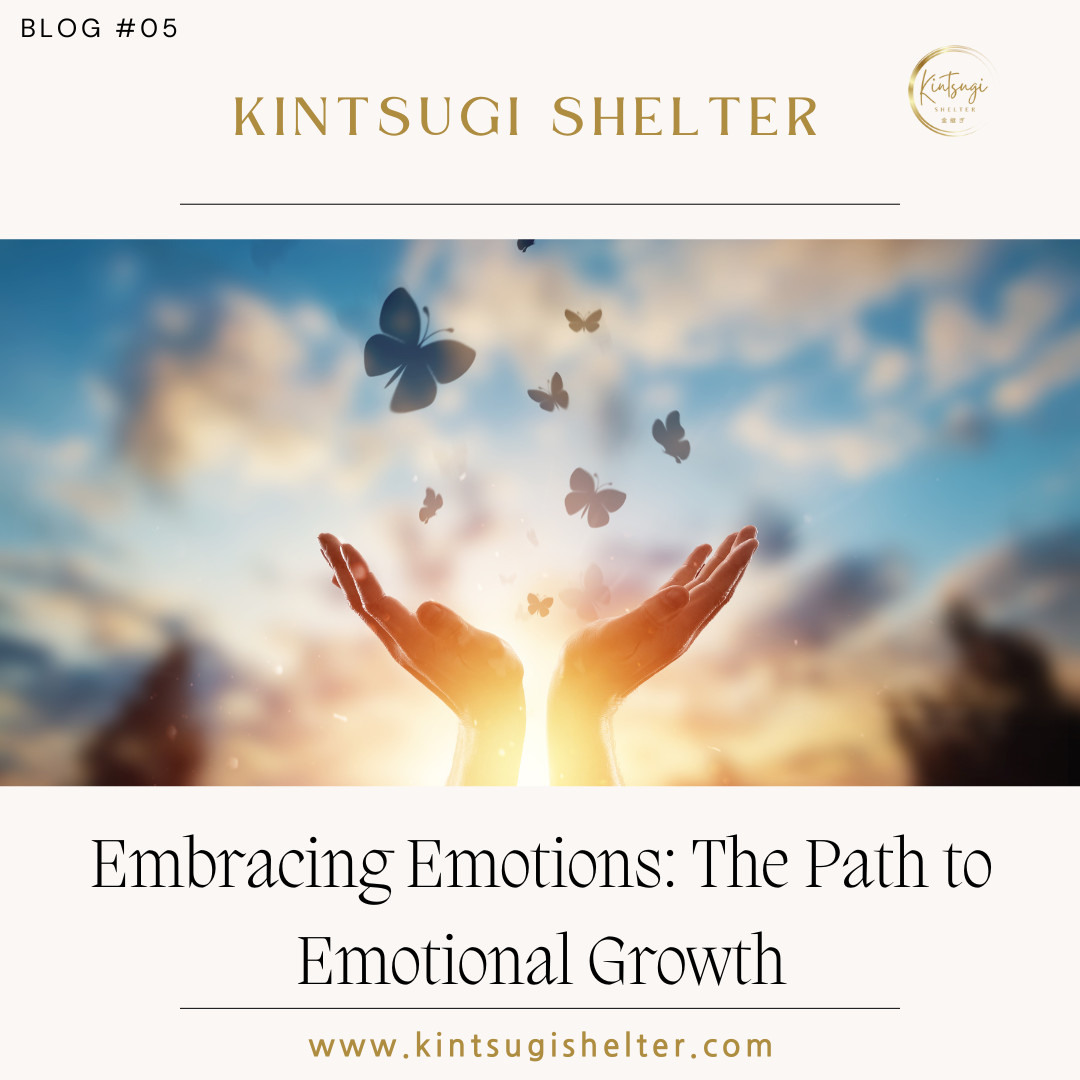
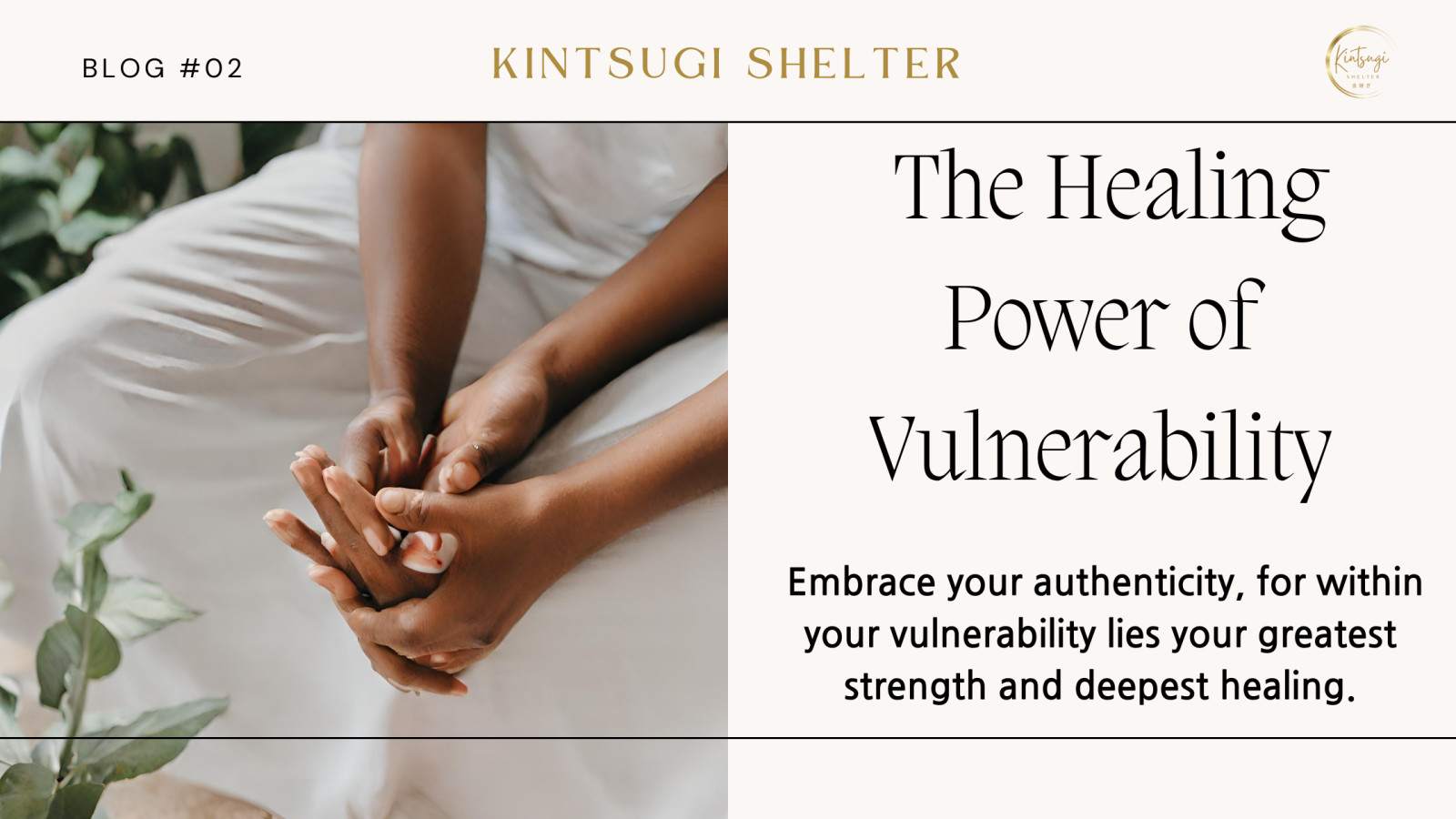
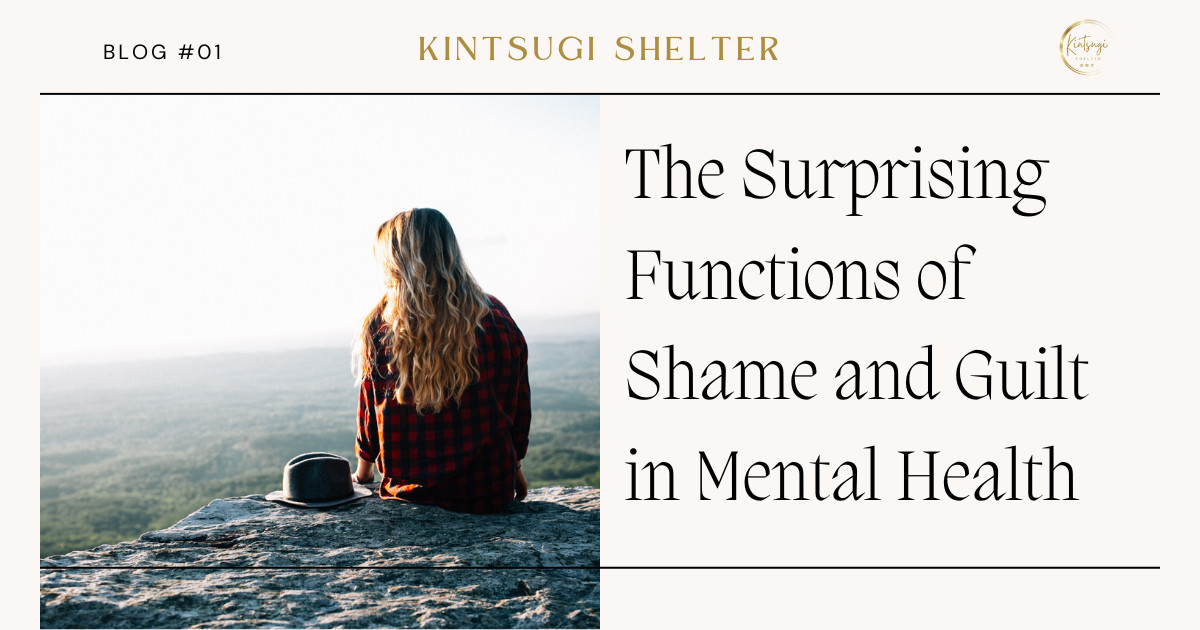


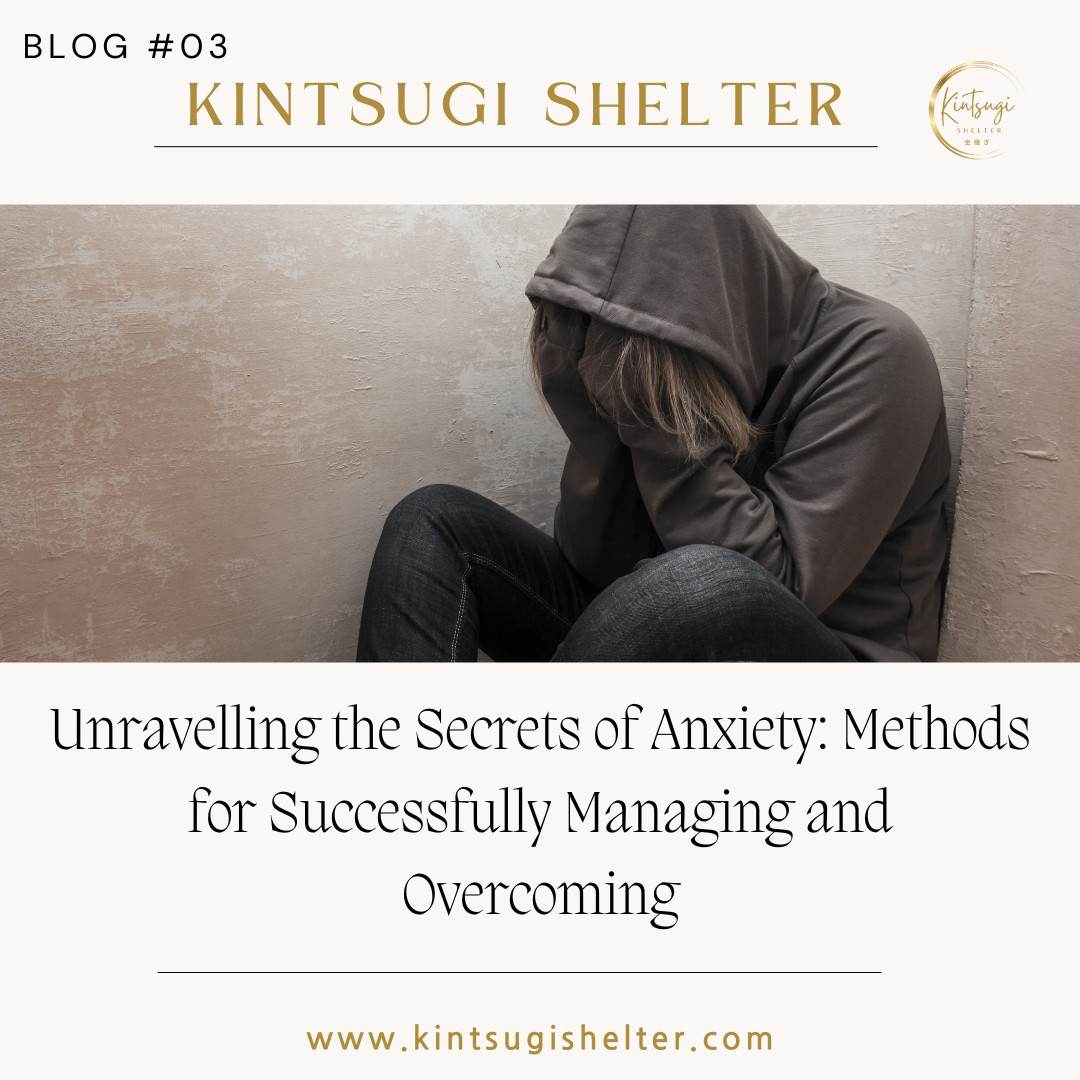

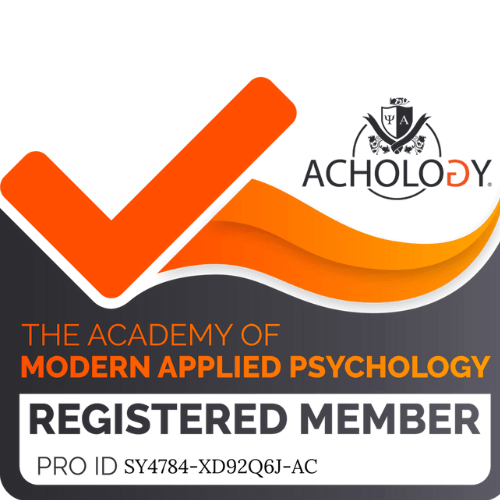







0 Comments